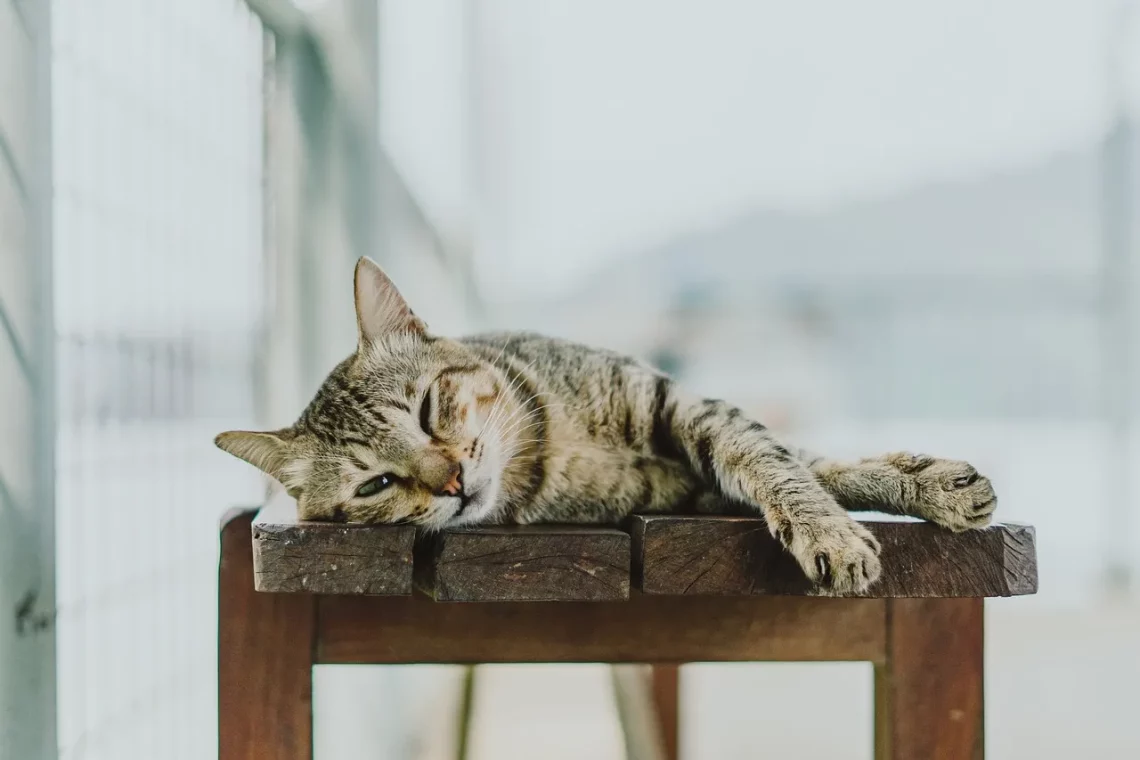
Caring for Your Cat: A Guide to Cat Braces and Dental Health
Caring for your feline friend is an essential part of being a responsible pet owner. Cats, known for their independence and unique personalities, require special attention to ensure they thrive in a loving environment. While many cat owners focus on providing food, shelter, and companionship, dental health continues to be an often overlooked aspect of cat care. Just like humans, cats can suffer from dental issues that can lead to serious health problems if not addressed properly.
Dental hygiene plays a crucial role in your cat’s overall well-being. Neglecting their oral health can lead to plaque buildup, gum disease, and even tooth loss. This can cause pain and discomfort, significantly affecting your cat’s quality of life. Furthermore, the bacteria from dental diseases can enter the bloodstream and affect vital organs, leading to more severe health concerns.
In addition to regular dental care, some cats may require orthodontic solutions, similar to braces used by humans, to correct dental misalignments that can cause pain or difficulty eating. Understanding the importance of dental health and knowing how to provide the best care for your cat can lead to a happier and healthier life for your furry companion.
Understanding Cat Dental Health
Understanding your cat’s dental health is the first step in ensuring they maintain a healthy mouth. Cats have 30 teeth in total, which serve various functions, such as chewing, grooming, and hunting. Just like humans, cats can develop dental problems due to plaque and tartar buildup.
Plaque forms when food particles and bacteria combine, creating a sticky substance that adheres to the teeth. If not removed through regular brushing or professional cleaning, plaque can harden into tartar, which is much more challenging to eliminate. Tartar buildup can lead to gingivitis, characterized by swollen gums and bad breath. If left untreated, gingivitis can progress to periodontal disease, which affects the structures supporting the teeth and can result in tooth loss.
Some common signs that your cat may be experiencing dental issues include difficulty eating, pawing at their mouth, excessive drooling, and noticeably bad breath. Regular dental check-ups with your veterinarian are essential for identifying potential problems before they become severe.
As a cat owner, you should also consider incorporating dental care into your routine. Providing dental treats specifically designed to reduce plaque, along with regular brushing, can significantly improve your cat’s oral health. Additionally, some cat foods are formulated to support dental health, helping to scrape away plaque during chewing.
Regularly inspecting your cat’s mouth can also help you catch issues early. Look for any signs of redness, swelling, or unusual growths in the gums or around the teeth. Early intervention can prevent more serious complications and keep your cat comfortable.
Orthodontics for Cats: Do They Need Braces?
Dental misalignments in cats can lead to various health issues, including difficulty eating, jaw pain, and increased risk of dental disease. While braces for cats are not as common as they are for humans, orthodontic solutions can be necessary for some feline patients.
Cats can experience dental malocclusions, where the teeth do not align correctly when the mouth is closed. This can be hereditary or result from trauma, tooth loss, or other factors. In severe cases, these misalignments can cause pain and make it challenging for your cat to eat.
Veterinarians who specialize in veterinary dentistry may recommend braces or other orthodontic devices to correct these issues. These devices can help reposition teeth into their proper alignment, alleviating pain and discomfort. However, it is essential to have a thorough discussion with your veterinarian about the potential benefits and risks associated with orthodontic treatment for your cat.
In some situations, extraction of misaligned teeth may be a more viable option. Your veterinarian will assess your cat’s specific needs and determine the best course of action. Always ensure that any procedure is done by a qualified veterinarian to minimize risks and ensure the best outcomes for your pet.
If your cat requires orthodontic treatment, be prepared for a commitment to aftercare. Regular follow-up visits may be necessary to monitor progress and make adjustments. Your veterinarian will provide specific instructions on how to care for your cat during this time, including dietary modifications and oral hygiene practices.
Ultimately, ensuring that your cat receives the appropriate dental and orthodontic care is crucial for their overall health and well-being.
Preventive Measures for Maintaining Dental Health
Preventive measures are key to maintaining your cat’s dental health throughout their life. Establishing a routine early on can help prevent dental issues from developing. Here are several strategies to keep your cat’s teeth healthy and strong.
First and foremost, regular dental check-ups with your veterinarian are essential. These visits allow for professional cleanings and examinations that can catch any potential dental issues before they become serious. Your veterinarian can provide tailored advice on the frequency of these check-ups based on your cat’s age, breed, and dental health history.
Daily brushing is one of the most effective ways to prevent plaque buildup. Using a toothbrush and toothpaste specifically designed for cats makes the process easier and safer. Start by allowing your cat to get used to the toothbrush and toothpaste before attempting to brush their teeth. Gradually introduce the brush into their routine, and be gentle to avoid causing stress or discomfort.
In addition to brushing, consider incorporating dental treats or toys into your cat’s routine. Many products are specifically designed to promote oral health, helping to reduce plaque and tartar buildup. Look for treats with the Veterinary Oral Health Council (VOHC) seal, as these have been proven to be effective in maintaining dental health.
Diet also plays a significant role in dental care. Feeding your cat a balanced diet that supports dental health is crucial. Some commercial cat foods are formulated to help reduce plaque and tartar. Consult with your veterinarian to determine the best diet for your cat’s needs.
Lastly, keep an eye on your cat’s drinking habits. Hydration is vital for overall health, including oral health. Ensure that your cat has access to fresh water at all times, as this can help wash away food particles and bacteria in their mouth.
By implementing these preventive measures, you can help ensure your cat maintains a healthy smile and a happy life.
Understanding the Importance of Regular Vet Visits
Regular veterinary visits are fundamental to your cat’s overall health, including their dental well-being. Many pet owners may think that their cats appear healthy and, therefore, do not require frequent visits. However, routine check-ups can identify underlying health issues that may not be immediately visible.
During a veterinary visit, your cat’s teeth and gums will be thoroughly examined. The veterinarian will check for signs of dental disease, such as gingivitis, periodontal disease, or fractures. Early detection of these issues can lead to more effective treatment and a better prognosis for your cat.
Additionally, routine vaccinations and preventive care are essential components of veterinary visits. Keeping your cat up to date on vaccinations not only protects them from infectious diseases but also contributes to their overall health. Your veterinarian can also recommend flea and tick prevention, as well as other parasite control measures, which can affect your cat’s health, including their dental health.
Another important aspect of vet visits is the opportunity for pet owners to ask questions and seek advice on various aspects of cat care, including dental hygiene. Your veterinarian can provide tailored recommendations based on your cat’s specific needs, lifestyle, and health history.
Moreover, some veterinary practices now offer dental cleanings and procedures under anesthesia, allowing for a more thorough cleaning and examination of your cat’s teeth and gums. This can be particularly beneficial for cats that may be difficult to handle during a standard dental check.
In summary, regular veterinary visits are not just about vaccinations; they play a crucial role in maintaining your cat’s dental health and overall well-being.
**Disclaimer:** This article is for informational purposes only and does not constitute medical advice. Always consult a veterinarian for any concerns regarding your cat’s health or dental care.




